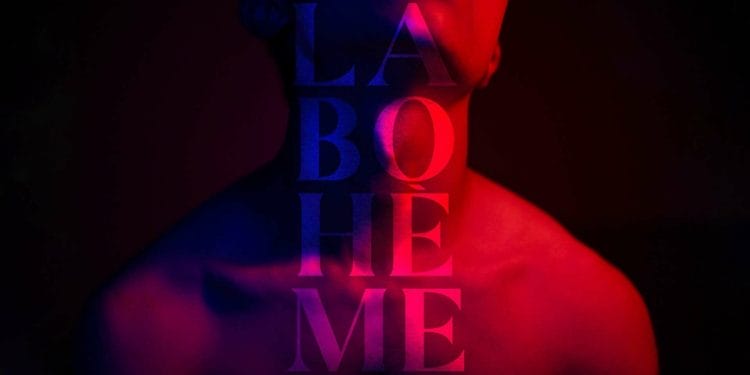Mark Ravenhill, Co-Artistic Director of The King’s Head Theatre, will direct a contemporary queer reinvention of Puccini’s classic opera La Bohème, opening at the world-renowned Islington pub theatre’s stage from 26 April and playing until 28 May.
With Puccini’s score and a new English libretto originally conceived by David Eaton and Adam Spreadbury-Maher with additional material by Philip Lee, and with Musical Direction from David Eaton, this classic tale of love and loss amongst a community of struggling artists returns to the King’s Head Theatre in a new version which relocates the story to contemporary London. Full casting will be announced shortly.
Penniless writer Rudolfo struggles to monetise his online writing but a Grindr hookup with a Liberty perfume salesman- known to his friends as Mimi -leads to unexpected blossoming of romantic passion. Meanwhile Rudolfo’s flatmate, Marcello pursues an on/off relationship with sometime model Musetta who is torn between the idealism of loving an artist and the material possibilities offered by a hedge fund manager. As a year passes from one Christmas to the next, the four friends struggle to reconcile love with artistic aspiration and the need to pay the bills.
Puccini’s story has been constantly reinvented since its premiere in 1896 most notably with the Broadway musical Rent. A previous production for Opera Up Close enjoyed a successful run at the King’s Head Theatre, and received an Olivier award. Subsequently in 2018 another incarnation of La Boheme from the King’s Head Theatre West End season was nominated for Best New Opera at the Oliviers.
Tickets from £10 are on sale now here
Mark Ravenhill explains: “Our version of La Bohème is the story of a group of friends who started partying in the 1990s. As they reach middle age, they are faced with the possibility that now may be the time to sell out and settle down. But romantic passion, sexual desire and the hedonistic pleasures of partying remain as strong as ever. It’s exciting to honour the overwhelming romantic beauty of Puccini’s score with his eye for telling social detail in this new version”.

















